Facing separation or divorce can be one of the most overwhelming experiences in a person’s life—emotionally, financially, and legally. It often brings a wave of uncertainty, from the practical implications of dividing assets to the deeply personal challenges of redefining family dynamics and adjusting to a new reality. Whether the decision to separate is mutual or contested, it’s a life-altering event that can leave you feeling anxious, confused, and vulnerable.
In British Columbia, navigating the complexities of separation and divorce requires more than just emotional resilience—it requires a clear understanding of your rights, responsibilities, and legal options under the Family Law Act. This legislation governs everything from parenting arrangements and support obligations to the division of property and debt, and ensuring you’re informed can make a significant difference in protecting your future.
At Ali Legal, we recognize how difficult this chapter can be. That’s why we are committed to providing more than just legal advice—we offer compassionate, practical guidance tailored to your unique situation. Our approach is grounded in clarity, empathy, and empowerment, helping you make informed decisions that reflect your values, protect your loved ones, and pave the way for a more stable and hopeful future.
Whether you’re in the early stages of considering separation or already deep in the process, you don’t have to go through it alone. With Ali Legal by your side, you can move forward with confidence and peace of mind.
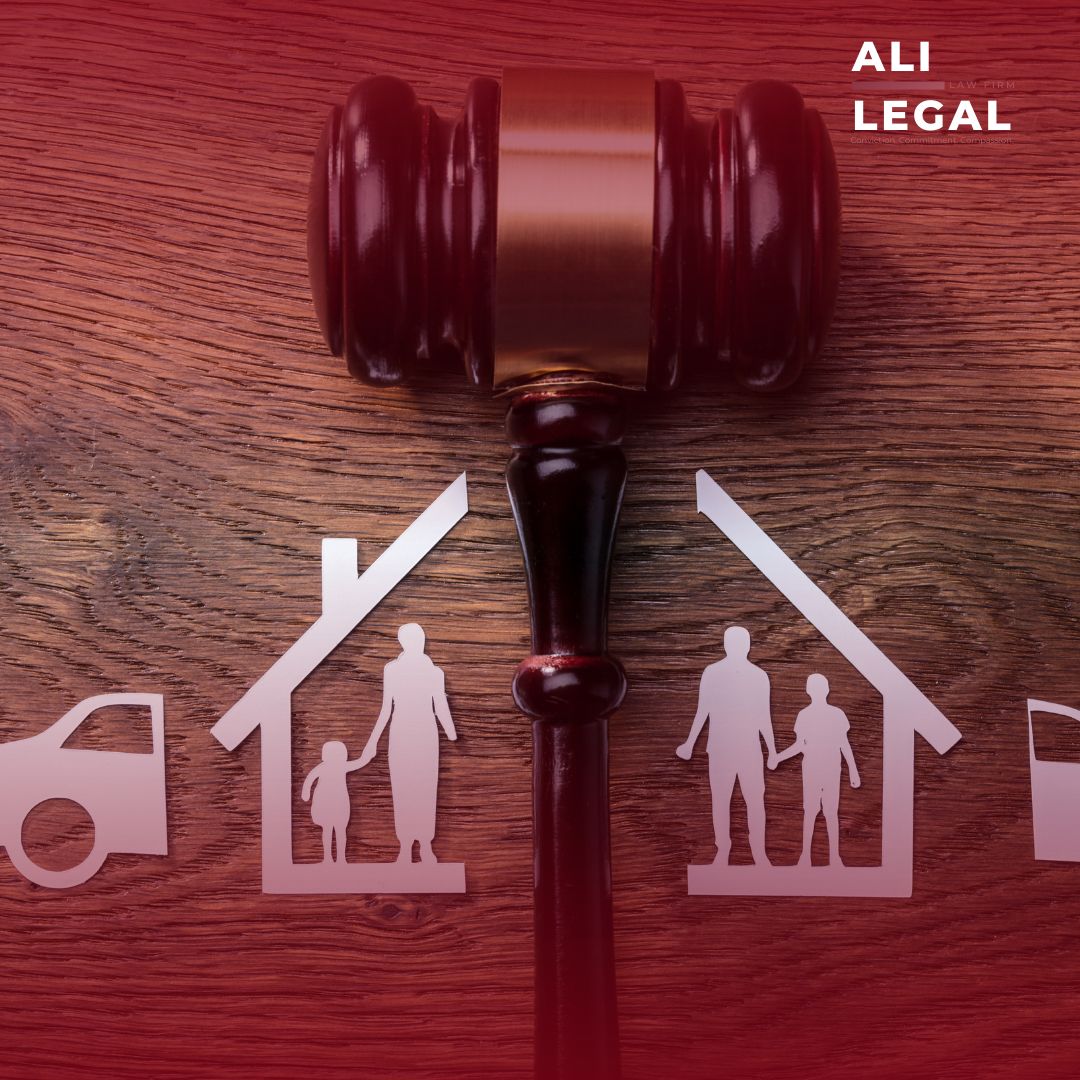
1. What Is the Difference Between Separation and Divorce in BC?
In British Columbia, separation and divorce are two different legal concepts:
- Separation refers to the end of a relationship, whether you are legally married or living in a common-law partnership. You do not need to file paperwork to be considered separated—simply living apart with the intention of ending the relationship is enough.
Divorce is the legal termination of a marriage. Only legally married couples need to apply for divorce through the BC Supreme Court.
You can be separated but not divorced. Many couples remain legally married while living separately for months or even years.
2. Legal Grounds for Divorce in British Columbia
Under Canada’s Divorce Act, there are three legal grounds for divorce:
- One-year separation (most common): You must live “separate and apart” for at least one year. You can live in the same house if you are no longer functioning as a couple.
- Adultery
- Cruelty (mental or physical abuse)
If you’re relying on adultery or cruelty, you must provide evidence to the court. In most cases, couples opt for the one-year separation as it’s the simplest and most straightforward path to divorce.

3. Steps to Getting a Divorce in BC
Getting a divorce in British Columbia typically involves these steps:
Step 1: Ensure Eligibility
- At least one spouse must have lived in BC for 12 months before filing.
- You must be legally married.
Step 2: Decide on the Type of Divorce
- Uncontested divorce: Both spouses agree on key issues (property, support, parenting).
- Contested divorce: Disagreements exist and may require court intervention.
Step 3: File the Application
Submit your Notice of Family Claim to the BC Supreme Court. If the divorce is uncontested, you may be able to proceed without attending a hearing.
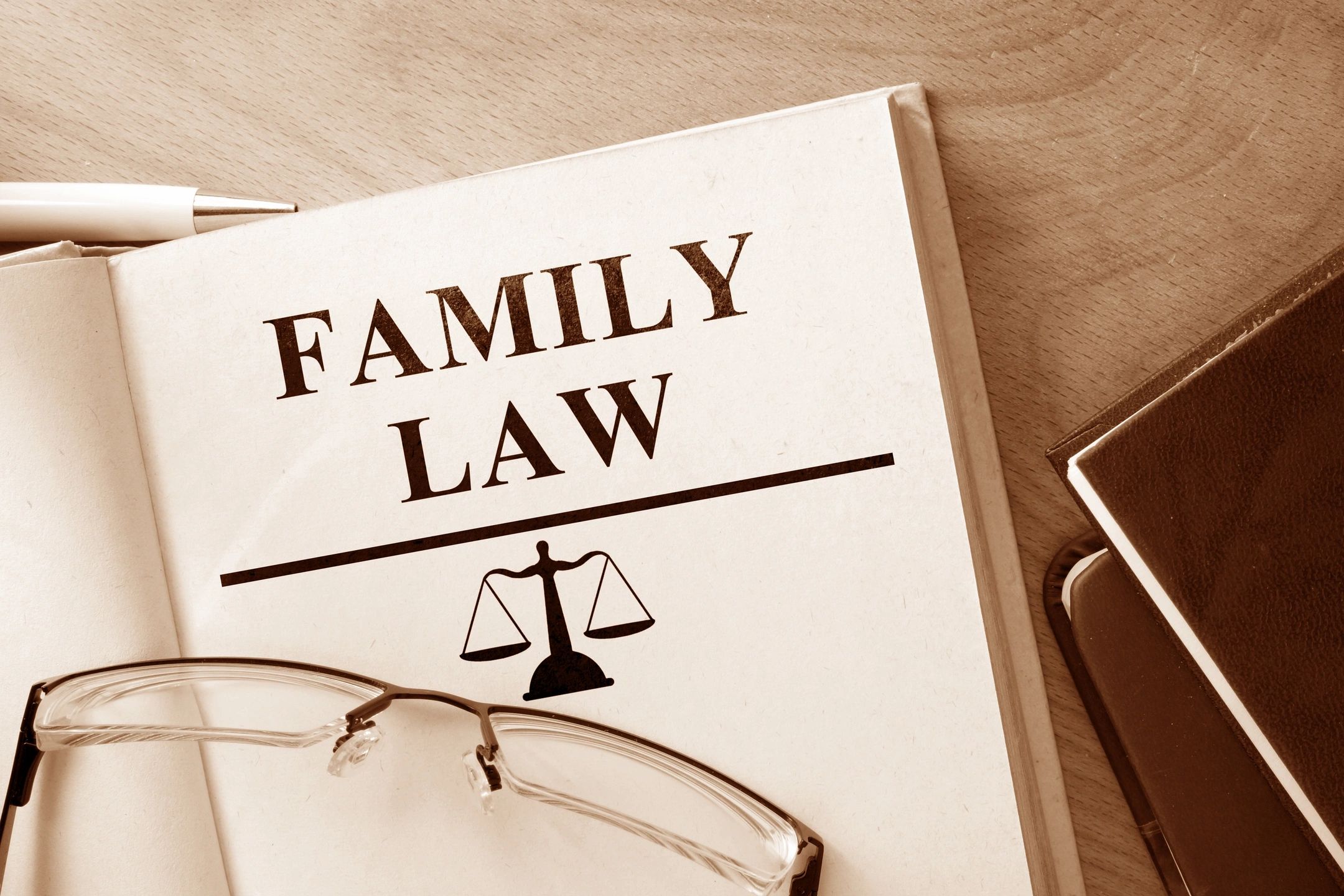
Step 4: Serve the Other Spouse
If filing a sole application, the respondent must be served with divorce documents.
Step 5: Resolve Outstanding Issues
Courts require that parenting, support, and property issues be resolved before granting a divorce.
Step 6: Receive Divorce Judgment
If all conditions are met, the court will issue a Divorce Order, which becomes final after 31 days.
4. Separation Agreements: Why They Matter
A Separation Agreement is a legally binding contract between spouses that outlines:
- Parenting arrangements
- Division of property and debts
- Child and spousal support
- Living arrangements
Though not mandatory, it is highly recommended to create a formal agreement to avoid future disputes. At Ali Legal, we draft customized Separation Agreements that reflect your unique family circumstances and comply with BC’s legal framework.
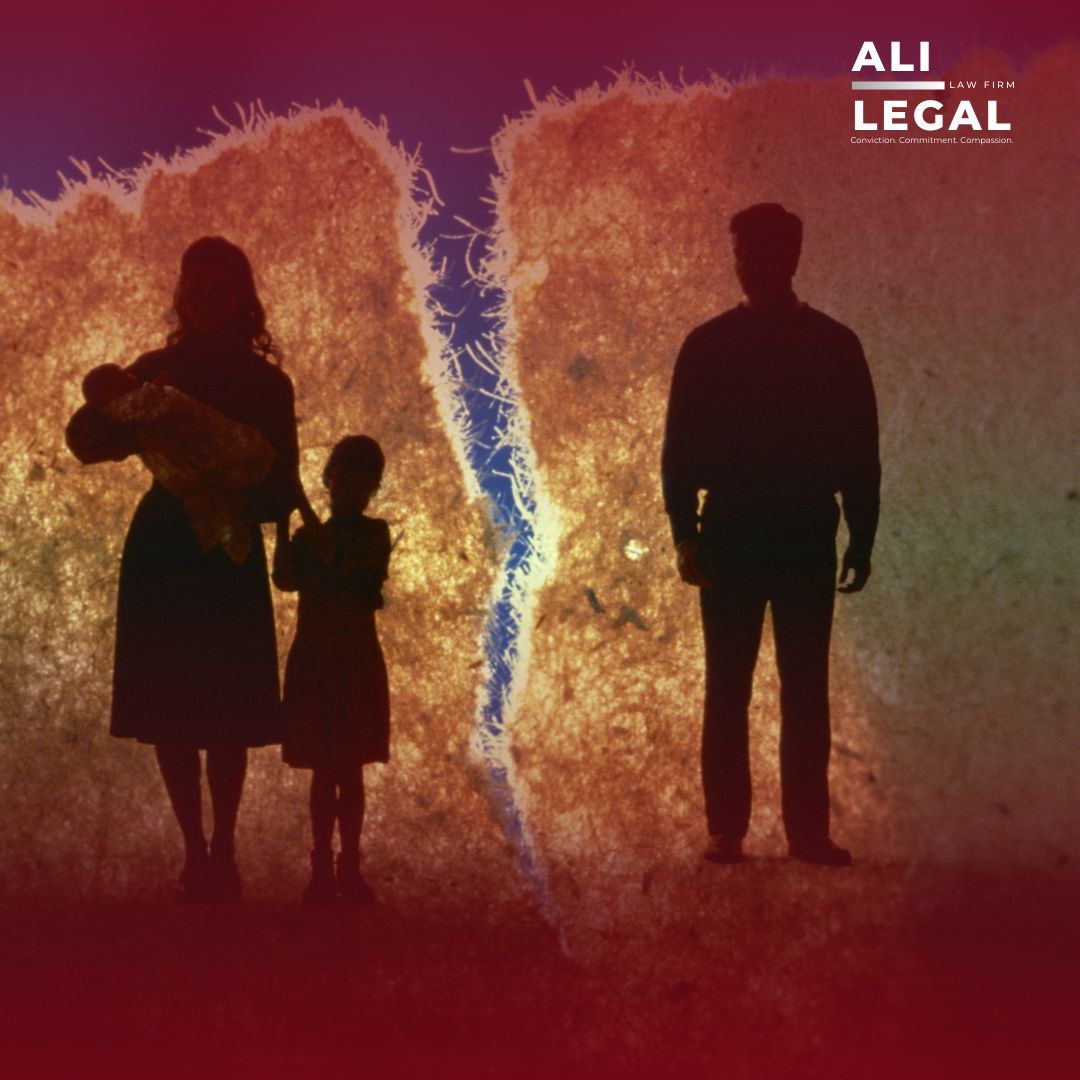
5. Child Custody and Parenting Arrangements
One of the most emotionally charged aspects of any separation is deciding where the children will live and how parenting responsibilities will be shared.
In BC, custody is now referred to as parental responsibilities and parenting time.
Types of Parenting Arrangements
- Shared parenting: Each parent has the child at least 40% of the time.
- Primary residence: One parent has the child most of the time.
- Split parenting: Each parent has primary responsibility for different children.
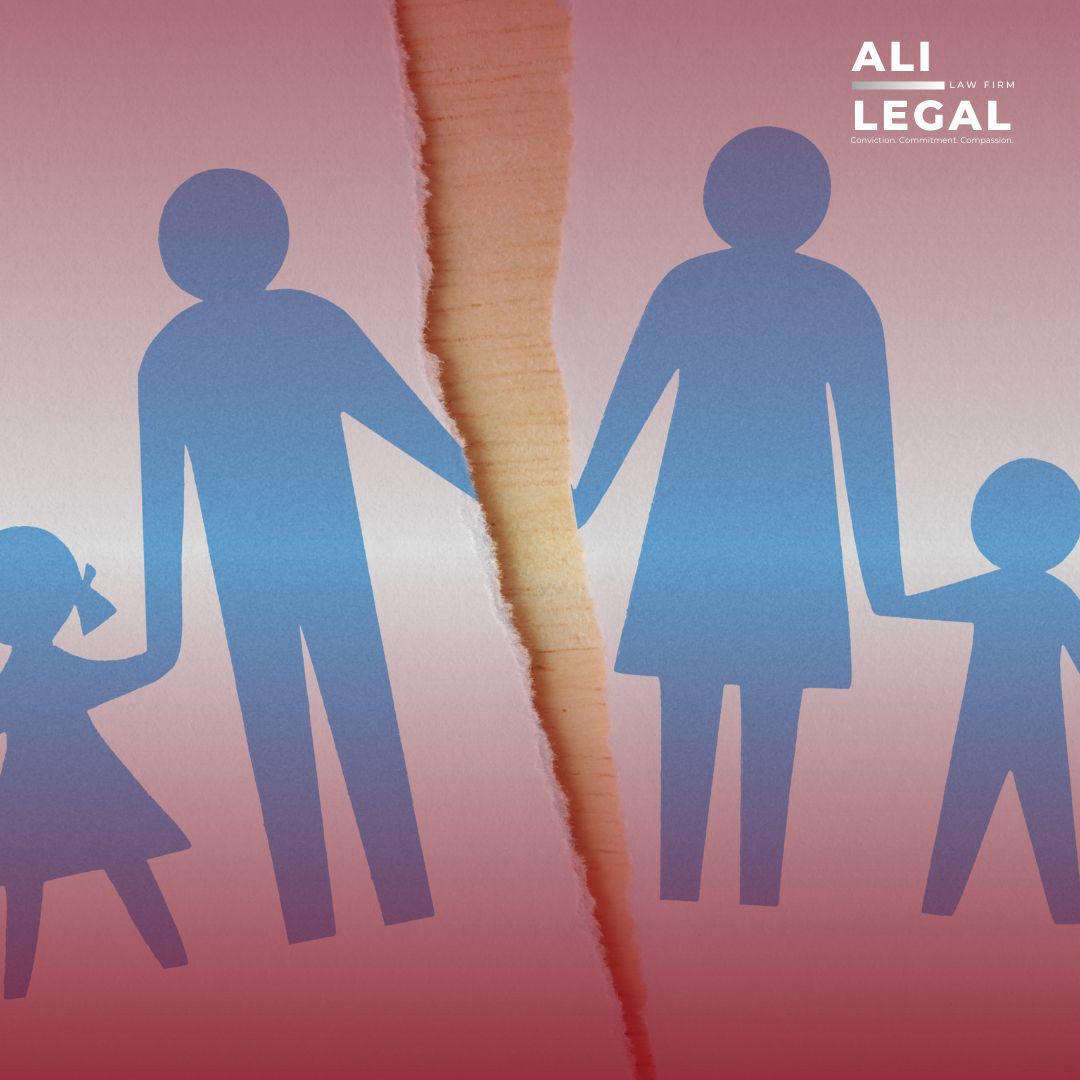
Key Factors Courts Consider:
- Best interests of the child
- Stability and continuity
- Emotional and physical needs
- The child’s relationship with each parent
- The child’s preferences (depending on age and maturity)
We help you build a parenting plan that supports your child’s well-being while safeguarding your parental rights.
6. Child and Spousal Support
Child Support in BC
Child support is calculated based on the Federal Child Support Guidelines. It’s determined by:
- The paying parent’s gross income
- The number of children
- The custody arrangement
Support ensures children continue to receive the financial support they need even after the parents separate.
Spousal Support
Spousal support (or “alimony”) is not automatic and depends on:
- Length of the relationship
- Roles during the relationship (e.g., one spouse stayed home to raise children)
- Each spouse’s income and future earning capacity
The court uses Spousal Support Advisory Guidelines (SSAG) to determine fair payments. Our legal team can help you negotiate support that is reasonable and enforceable.
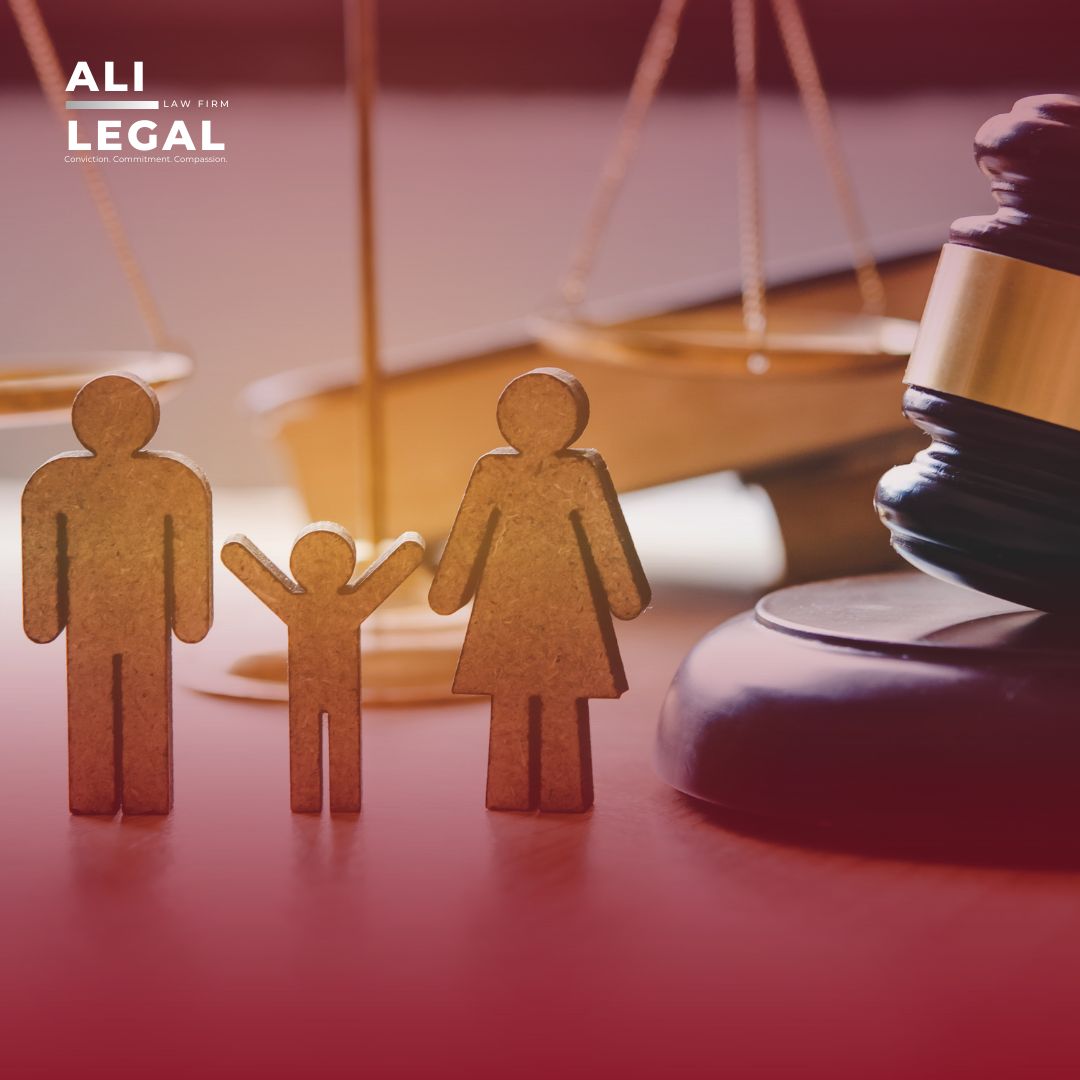
7. Division of Property and Debt
In BC, property is divided based on the Family Law Act, which distinguishes between:
- Family Property (to be divided equally): Includes homes, vehicles, RRSPs, pensions, businesses acquired during the relationship.
- Excluded Property (usually not divided): Includes inheritances, gifts, or property owned before the relationship.
Even if an asset is in one spouse’s name, it may still be considered family property. Similarly, debts are also divided—credit card balances, mortgages, lines of credit—regardless of who incurred them.
We help you identify all relevant assets and liabilities to ensure a fair division.

8. Common-Law Separation in BC
Common-law couples (those who have lived together for at least 2 years in a marriage-like relationship) have many of the same rights as legally married couples.
Upon separation, common-law partners may be entitled to:
- Spousal support
- Division of property and debt (if cohabiting for 2+ years or if they have a child together)
If you’re in a common-law relationship and facing separation, Ali Legal can help clarify your rights and guide you through next steps.

9. Contested vs. Uncontested Divorce
Uncontested Divorce
- Both parties agree on divorce and all related issues.
- Often completed without a court hearing.
- Faster and less expensive.
Contested Divorce
- Disagreements exist regarding support, parenting, or property.
- May require mediation, negotiation, or court intervention.
- Can be more time-consuming and costly.
We always aim to resolve matters outside of court when possible, but we are fully prepared to represent you in litigation when needed.
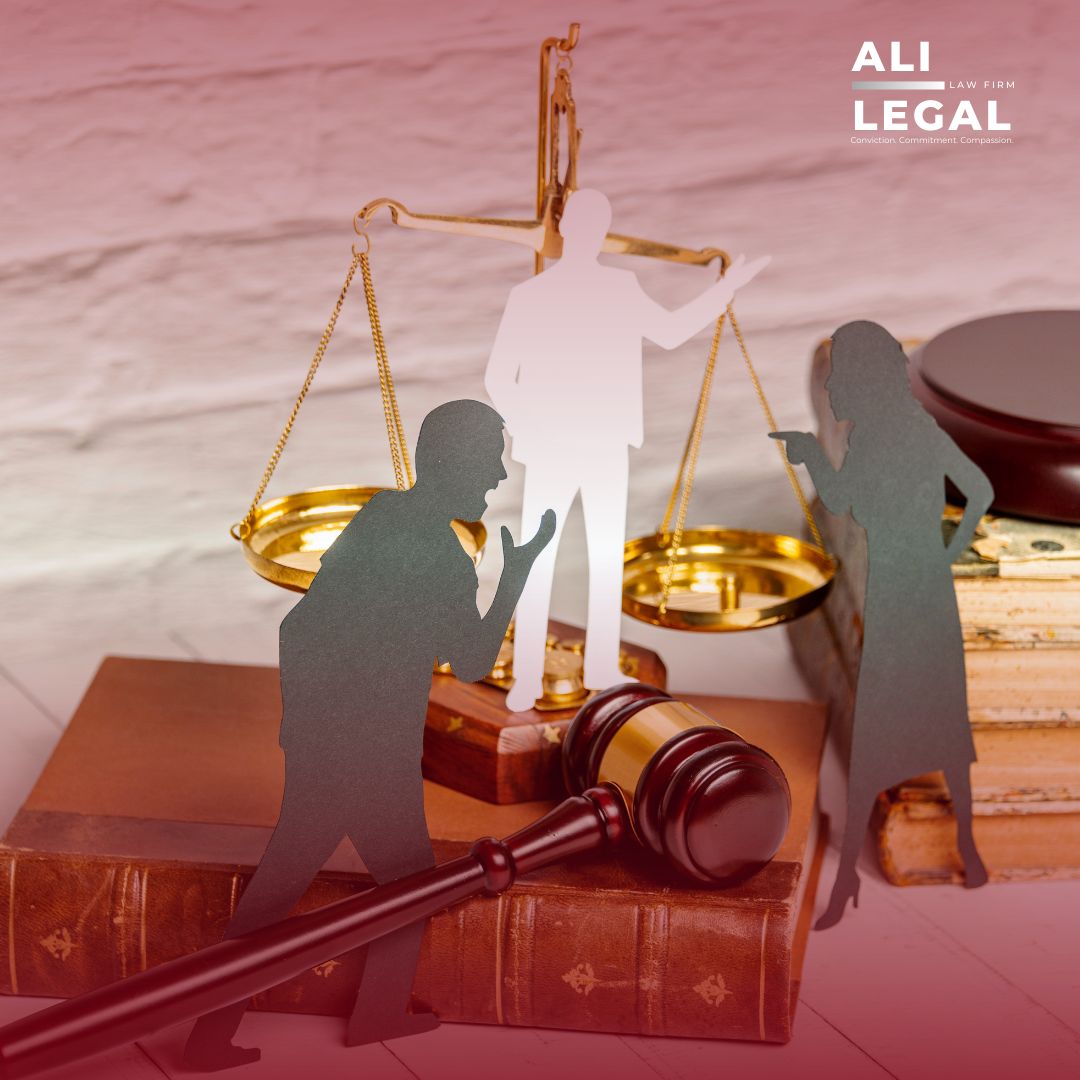
10. How Ali Legal Supports Clients Through Divorce & Separation
At Ali Legal, we bring a client-first approach to family law. Here’s how we help:
- Experienced legal advice tailored to your unique case
- Drafting and negotiating Separation Agreements
- Filing divorce applications and court representation
- Child custody and support arrangements
- Spousal support calculations and settlements
- Property and debt division
- Mediation support to avoid costly litigation
We work closely with you every step of the way—empowering you with the information and support you need to move forward.

Frequently Asked Questions
Can we separate and still live in the same house?
How long does it take to get a divorce in BC?
What if we change our minds during the separation period?
Do I need a lawyer to file for divorce?

Why Choose Ali Legal?
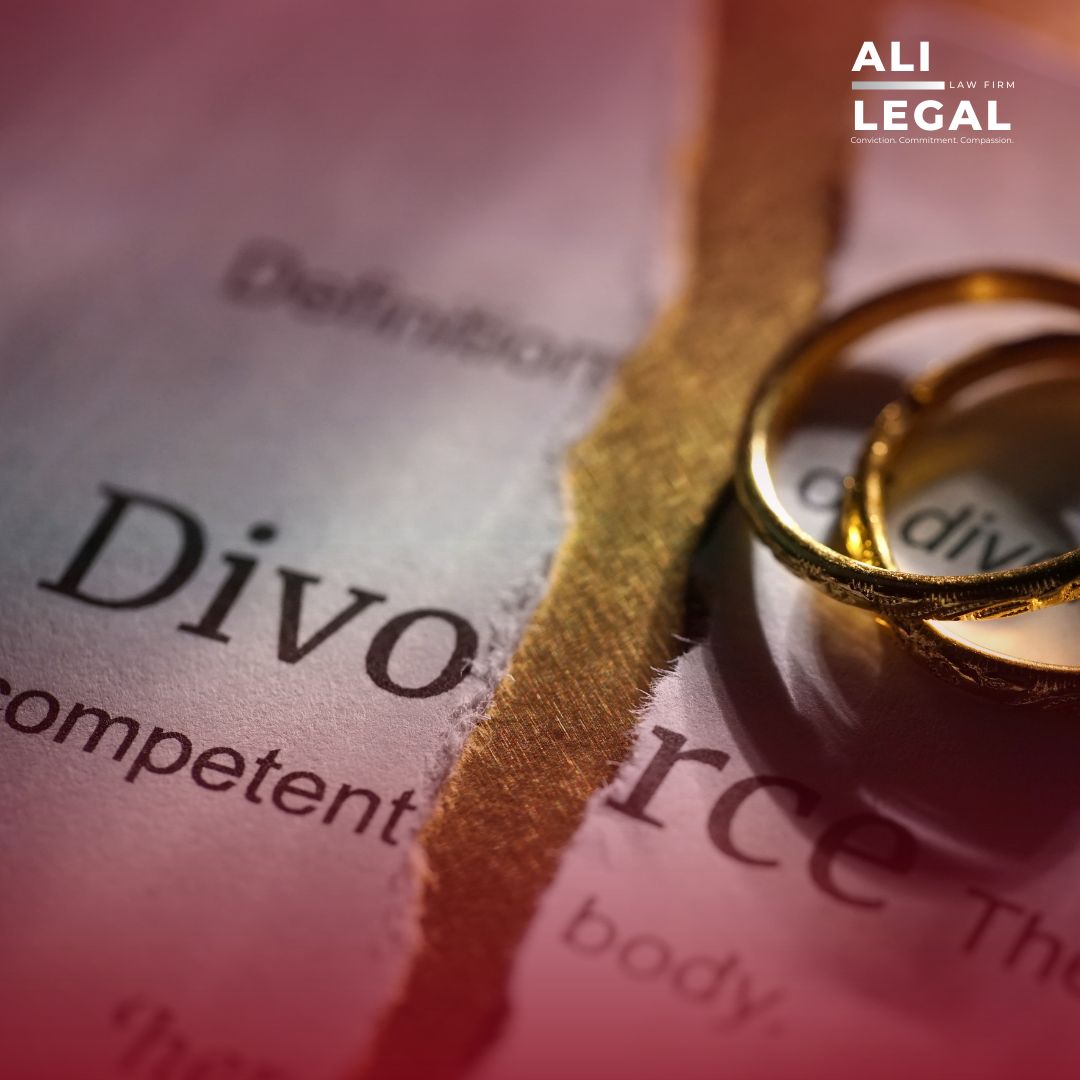
Final Thoughts
Separation and divorce are never easy, but with the right legal support, they don’t have to be overwhelming. At Ali Legal, we are committed to helping individuals and families across British Columbia navigate these changes with dignity, compassion, and clarity.
Whether you need help understanding your options or are ready to start the process, our team is here to guide you every step of the way.
Disclaimer: This blog is for informational purposes only and does not constitute legal advice. For specific legal concerns, please consult Ali Legal.
If you are facing a family law issue, reach out to Ali Legal today. Our skilled team is ready to assist you with dedicated legal support tailored to your needs. Let us help you achieve a fair and just resolution so that you can move forward with confidence.
- Suite 1205, 595 Howe Street, Vancouver, BC V6C 2T5
- (236) 312-6600
- info@alilegal.com
